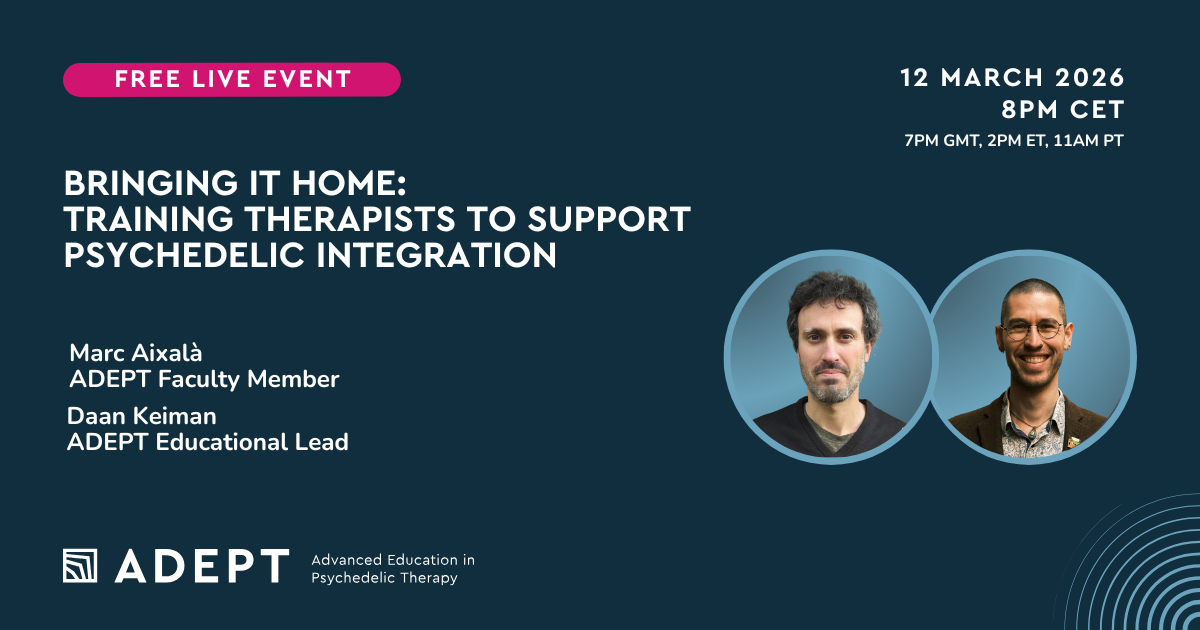Summary
Methylenedioxymethamphetamine (MDMA or ‘‘Ecstasy’’) is a major stimulant drug of abuse worldwide. MDMA produces euphoria, enhances interpersonal communication and feelings of closeness with others. In contrast to the induced emotions of affection and sensual enhancement, clinical studies show that it impairs sexual drive and functioning. In drug-free humans, sexual stimulation with orgasm induces a pronounced secretion of prolactin, which may mediate the post-orgasmic state. The phenomenological features of the psychological state induced by MDMA show some similarities with features of the post-orgasmic state. In addition, MDMA also induces a prominent increase of prolactin plasma levels with a similar time kinetic compared to the post-orgasmic prolactin increase. Here, we present the hypothesis that the impairment of sexual parameters after MDMA may be mediated by increased prolactin.
Passie, T., Hartmann, U., Schneider, U., Emrich, H. M., & Krüger, T. H. (2005). Ecstasy (MDMA) mimics the post-orgasmic state: impairment of sexual drive and function during acute MDMA-effects may be due to increased prolactin secretion. Medical hypotheses, 64(5), 899-903. https://dx.doi.org/10.1016/j.mehy.2004.11.044













